On Letting Go of Food Rules: How to Stop Binges
By Sammi Brondo — July 30, 2024

Ever since I joined TikTok about a month ago, I noticed a crazy theme in my comment section: “why can’t I stop eating ___?” While every single person is different and there could be a lot going on, I can tell you one thing for certain: binges are almost always the result of restriction.
It’s inevitable. Restricting food leads to a natural urge to overeat. This goes for restricting certain foods, not allowing entire food groups, and having (conscious or not) rules about food.
Our bodies are smart. They understand that need constant nourishment in order to have energy, feel our best, and truly, to survive. When we don’t eat enough, don’t let our body have certain nutrients it needs or don’t let ourselves eat when we’re hungry, our body kicks in for us.
It’s not your lack of willpower that causes you to binge. It’s your body’s survival mechanism understanding that you need more nourishment. This is important to remember.
Food rules can be subtle. You might not even realize subconscious rules like “I can only have 1 cookie,” or “I can’t eat rice for dinner because I had bread for lunch.” Whether they’re conscious or not, these food rules are simply ways of restricting what you eat. And at some point, they will backfire.
While there are so many different scenarios that might occur, based on what I’ve seen with hundreds of clients over the past few years, a few common situations occur most often. Below, find 3 common scenarios that start with food rules and lead to binges, and how to remedy them ASAP.
3 Common Bingeing Scenarios and How to Start to Fix Them ASAP
1. Eating “clean” all day or during the work week and then bingeing at night or during the weekend.
The situation: In this situation, you eat super healthy all day. Maybe you meal prep your meals, or get a salad at lunch, and feel great. You might also do little things that help you feel like you’re eating super “clean,” like not having a piece of chocolate after lunch even though you’re craving sweets, or not allowing carbs with your meals. But by nighttime, you find that you’re ravenous. You can no longer do with just a salad or grilled chicken with roasted veggies. You end up eating much more than you intended and likely feel overfull.
Or, maybe you eat really healthy Monday through Friday. It’s easy to plan ahead when you have a routine during the work week. You make your meals ahead of time or know exactly what to order at your favorite lunch place. But then, by the weekend, all hell breaks loose. You’re no longer on your routine, and when you and your friends go out to eat at an Italian restaurant, everything on the menu sounds too good to pass up. You leave Saturday night dinner feeling overfull and mad at yourself. (PS. Never feel mad at yourself over food – one meal or day will not make or break your health!).
This is known as the last supper mentality. It’s the idea that you have to eat as much as you possibly can now or during the weekend, before you start your healthy eating again on Monday.
The remedy: Here, it’s important to learn how to listen to your body and start honoring cravings when they come. If a piece of chocolate is calling your name after lunch, eat it. If your salad with protein left you wanting more and feeling unsatisfied, try adding a piece of bread or pita with it. We typically need carbs with meals for that satisfaction factor.
You will not – I repeat, will not – derail your health goals from adding a little chocolate or bread during the day. In fact, adding these foods will actually help you to better stay on them. Instead of eating “clean” and then bingeing, you’ll be adding a little extra food during the day in order to hopefully no longer binge at night or during the weekend.
This means that when you do out for pasta with friends, you can order the pasta that sounds good and eat until you’re comfortably full. When you give yourself full permission to eat food any time, you erase the last supper mentality by knowing that if you want pasta during the week, you can have some then too.
Overall, by adding a few things in when you really want them during the day or during the week, you’ll start to prevent binges, which means that, ironically enough, you’ll also be eating less overall.
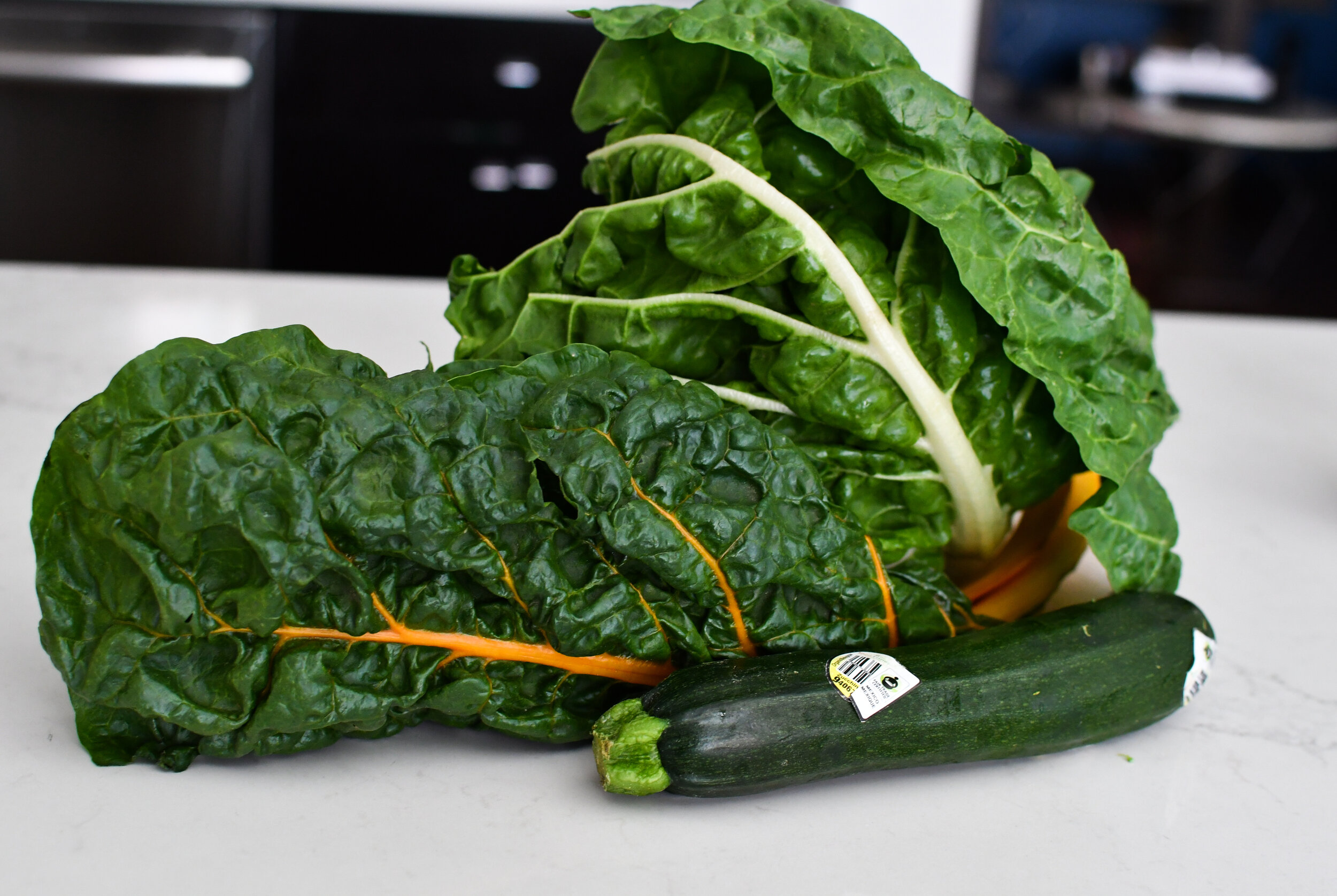
2. Eating low carb and feeling like you have no willpower when it comes to dessert or salty snacks.
The situation: You’ve heard carbs are “bad for you” (please read this to learn the actual science and facts about them!). Or, your friend Ashley’s cousin’s girlfriend lost a ton of weight following a low carb diet. In fact, you know a few people who lost weight following a low carb diet! You decide to try it.
In this situation, you tell yourself you can’t have grains: no bread, rice, quinoa, oatmeal or cereal. Only protein, veggies and some fat for you. Of course, this is a food rule.
At first, it might be difficult but you feel good. You feel like you’re losing weight, even if that means you have to ignore the initial cravings and hunger pangs. But eventually, you start having intense cravings. Maybe you’re at a party with a dessert table and you find that you feel like you can’t control yourself around the cookies and cake. If you love salty snacks, like pretzels and chips, maybe you find yourself literally dreaming about a bag of chips. Or, if you go out for pasta with friends, you want it all.the.pasta.
Any time we restrict an entire food group, it makes cravings for that food even stronger. By telling yourself you can’t have that food, it puts that food on a pedestal and makes it all the more tempting. Soon enough, it’s all you can think about. And, because you tell yourself that you can’t have it, you keep thinking about it even more.
It’s a viscous cycle. And it only makes sense that at some point – whether you’re a sweet or savory person – all you’ll want to eat is those sweet or savory carb-containing foods.
The remedy: There’s a difference between feeling full and feeling satisfied. Feeling full is a physical feeling in our stomachs of not needing more food. Feeling satisfied is a mental feeling of being content and not wanting more food. Carbs are key for satisfaction.
Think about a time where you at a big salad with a ton of veggies and some protein, but no carbs. Maybe you were physically full, but were you satisfied? Did you still feel like you wanted something else to eat? Chances are, you probably did. We need carbs in order to feel satisfied. Not to mention, carbs provide important nutrients like fiber and B vitamins and are essential for energy (read more about that here).
Start to add in fiber-rich carbs with your meals. Whole grains like oatmeal, whole wheat bread, and brown rice are wonderful additions to breakfast, lunch and dinner. You’ll be pleasantly surprised by the big difference simply adding these foods can make.
When you’re craving them too, also allow yourself to have refined carbs, like white pasta and white bread. Having a bowl of white pasta occasionally will have zero effect on your health overall. And, satisfying that craving when it strikes, means you’ll be satisfied much more easily than if you kept trying to ignore the craving until it got seriously strong.
Like the first situation, by simply adding carbs to your day, you’re preventing a binge later on. Although it might sound scary at first, this again means that you’ll be eating more balanced meals and less food overall than if you eliminate carbs completely and inevitably, end up bingeing. Carbs are our friends. Please, please eat them.

3. Not eating past a certain time or only allowing yourself a fixed number of calories, and eventually, breaking these rules and bingeing.
The situation: You’re a big nighttime snacker, so you tell yourself you can’t eat anything after 7pm. Perfect way to solve the situation, right? Wrong. (FYI: if you are a big nighttime snacker, refer back to situations 1 and 2 – your nighttime snacking might have to do with one of those!).
At first, it’s great. Because you know you can’t eat anything after 7pm, you’re no longer snacking at night. It’s an easy solution. Until one day, you eat dinner at 6pm and don’t go to sleep until 11pm and find yourself starving at 9pm. Or, maybe you have a late meeting and needed to eat dinner early around 5pm. By 8pm you’re really hungry again, but it’s past your food cutoff time.
Like with both of the above situations, at some point, this food rule will lead to a binge. Not allowing yourself food when you’re hungry isn’t fair to your body. It only makes sense that at some point, your body will retaliate and try to make up for all the food it missed out on.
Alternatively, maybe you decide to track your calories to get a better handle on what you’re eating (read my thoughts on calorie counting here). You use an app that gives you an ambiguous, random number of calories to eat for the day. You find that you’re a little hungry, but you learn to make it work.
But one day, you have an especially intense workout and find that you’re starving. You’ve already eaten most of your calories for the day, but are still so hungry. Or, it’s that time of month and your body just really wants more food. But, you have a number to stick to, so you try to ignore these feelings for as long as you can.
What happens here is the same as the above. Eventually, you can no longer ignore your hunger. And when you do finally give in to it, the hunger is so strong, that it’s too hard to eat just a little snack. You end up binge eating and feeling like you blew it.
The remedy: Let me let you in a little secret: the time that you finish eating for the night means nothing. Calories literally equal energy, and our bodies use all of them for just that. The only reason to stop eating before bed is if eating right before bed gives you a stomach ache. Sometimes, if you eat right before bed and then lay down, the food might not have had a chance to digest fully, and it might hurt your stomach a little. In this case, give yourself about 30 minutes to an hour to eat before bedtime. That means you can still have a snack at 9pm if you’re going to bed at 10pm.
Alternatively, some people find that they can’t sleep when they’re hungry. If this is you, a snack before bed might actually be really helpful. Try snacks that are light and easy on the stomach. Combinations like a banana with peanut butter, a slice of toast with almond butter, or even a few pieces of chocolate can be really helpful and go a long way.
If you’re tracking your calories and finding that you’re often hungry after already reaching your calorie goal, eat something. Your body is being smart by telling you it’s hungry. There’s likely a reason you need more food – whether it’s to refuel after exercise, to prepare for that time of the month, or for nourishment after not eating enough.
Listen to your body. If it’s saying it’s hungry, then you need more food. If this is during lunch time, add a little more to your meal. Or if it’s between meals, have an extra snack. At night, maybe you need dessert. Like in every other situation, you’re helping yourself in the long run by adding this small amount of food to prevent a binge later on.
Ignoring your hunger does yourself no favors. Your body will catch on and catch up eventually. Honor your hunger when you first feel it helps to prevent extreme hunger that often leads to overeating later on.
Do any of these sound like you? From my years as a dietitian, I can tell you that these situations are incredibly common. If you can relate to any of them, it doesn’t make you a bad person or an unhealthy eater – it makes you human.
It’s easy to want to try to control what we eat as much as possible – whether it’s to manipulate our bodies or to feel like we’re being healthy. But, our bodies are smarter than that. When we don’t feed them enough food, don’t honor our cravings, and don’t allow certain necessary food groups, our bodies will react at some point.
If you did relate to any of these situations, start to try the remedies for them. Like anything, the results may not be linear. You might still have an occasional binge or two, and that’s okay. Please, don’t feel guilty or beat yourself up over it. There is no such thing as perfect eating. No one eats 100% healthy and stops when they’re perfectly full 100% of the time.
It may seem scary to let go of food rules and add more food, but remember that your body truly knows what it’s doing. Once you let go of rules, you’ll find that most of the time, you’ll crave nourishing, nutrient dense foods. And when you crave less nutrient dense foods, give yourself full permission to eat them too.
In the long term, I can guarantee these remedies will help you feel a million times better. As much as controlling what you eat might make you feel good at first, there’s truly no feeling as good as creating a rule free, healthy relationship with food.

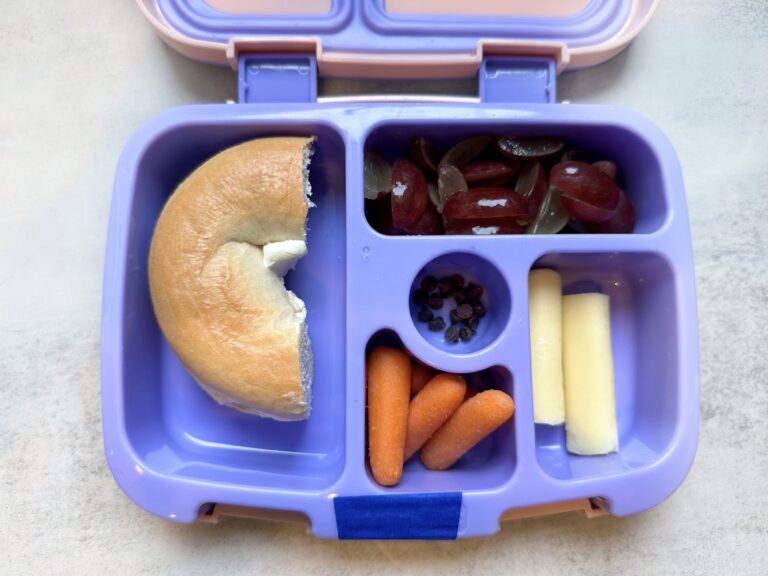
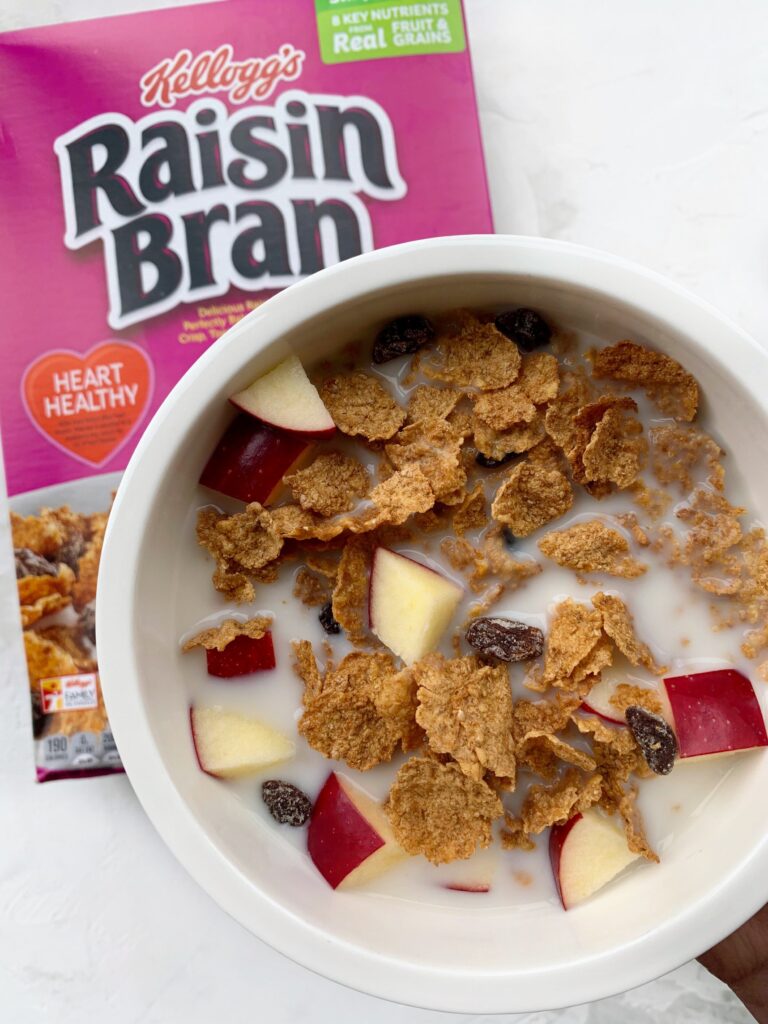
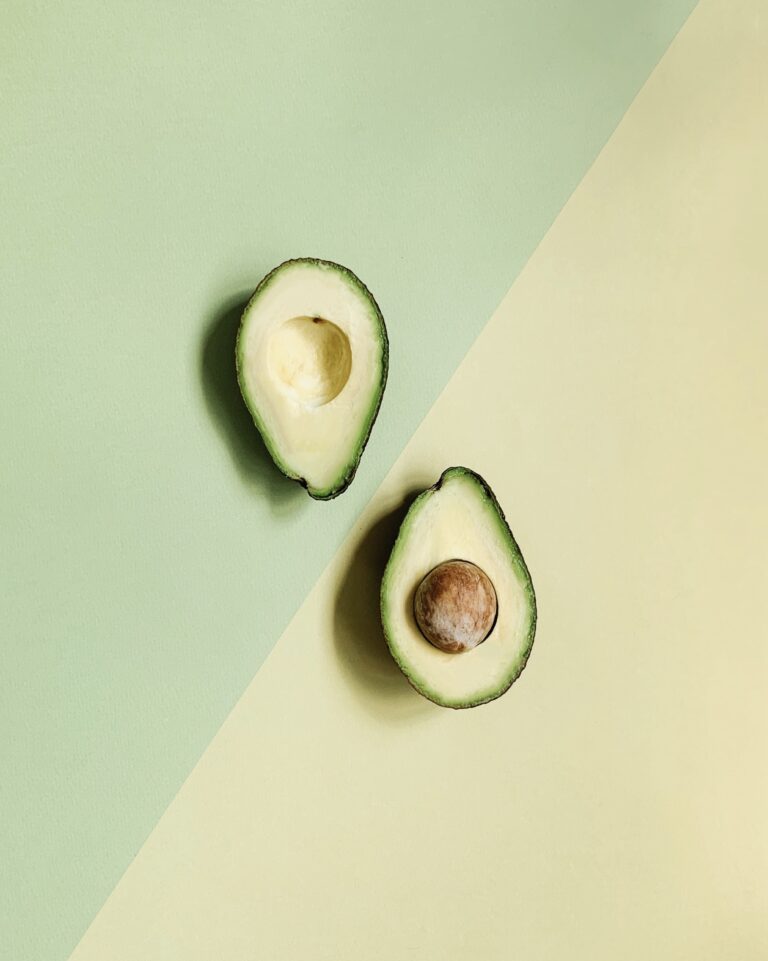
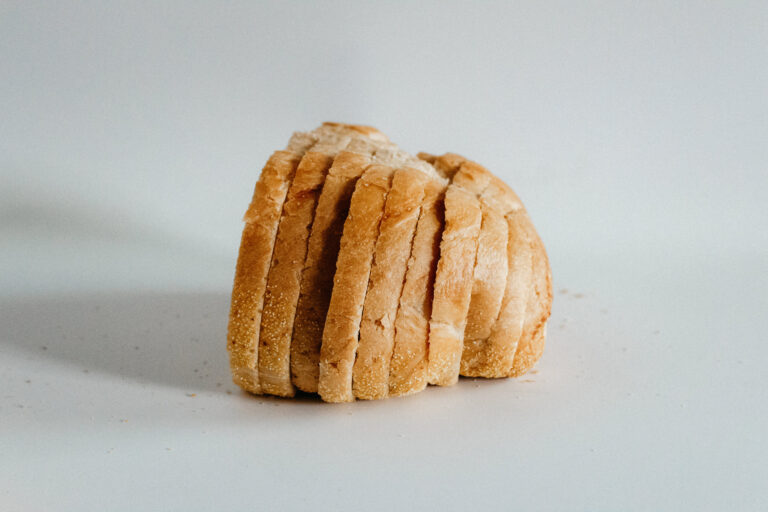


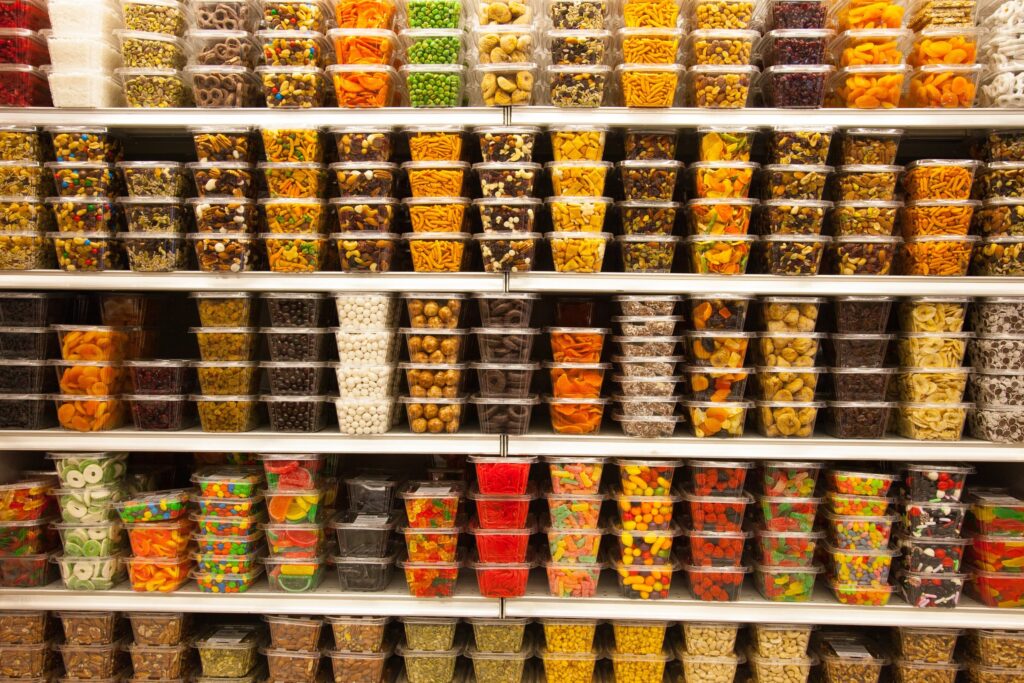
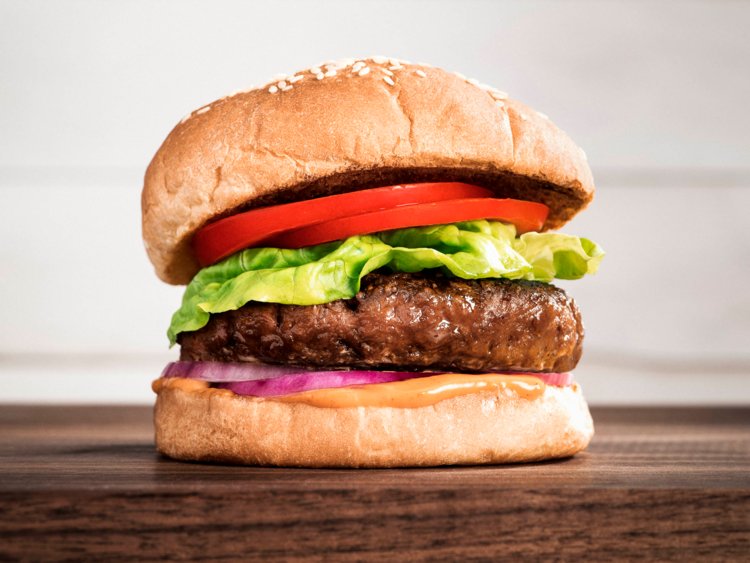



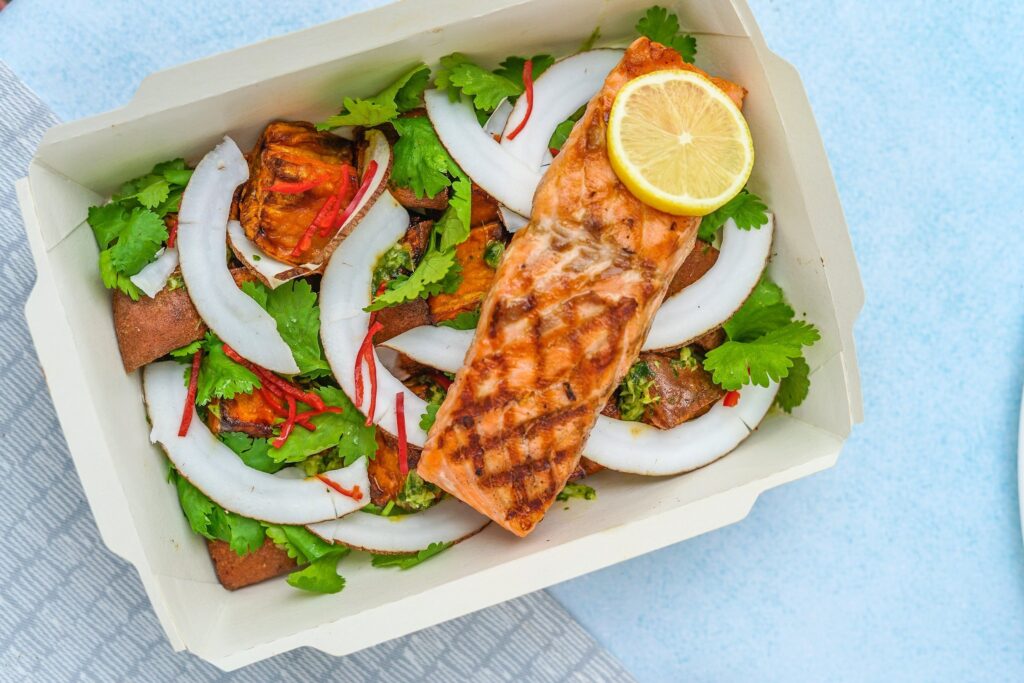
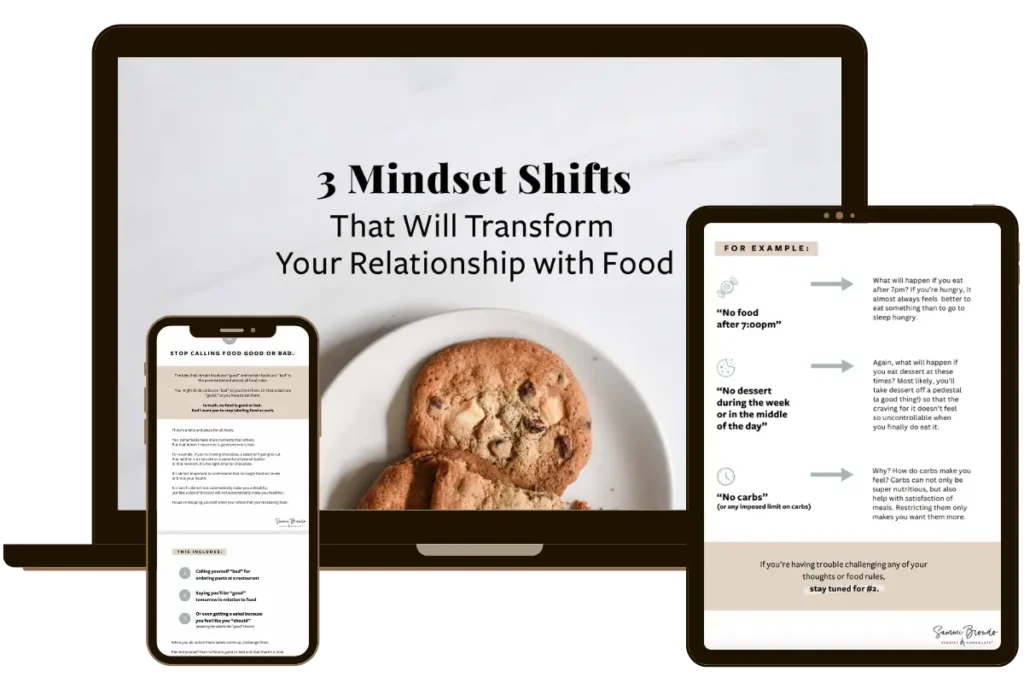
Ya. all these points are correct. It’s possible to overcome it with the right treatment plan and healthy lifestyle modifications.
Hi. I struggle with binging. I used to think food rules were bad and I should eat whatever I wanted, but that just made the binging worse. When researching more into concepts like intuitive eating, which was developed by a weight loss coach whose clients were on restrictive diets (making her a bit bias), I found that half of all bingers did not binge due to restriction. My eating disorder, for example, was caused by severe trauma.
Now, however, restricting can help. When I allow myself to eat every time I want I don’t stop, not like all the stories of people eating cookies for a while then needing a salad. Maybe because I don’t restrict what types of food I eat and usually my binge episodes include meal food anyway. Like stir-fry, for instance.
Anyway, that being said, I really appreciated your article. I could relate to a lot of it. My question is what about food rules that aren’t restricting a specific food? For example when I have a rule of no TV with food, it brings my binged from 4 times a week to like once a month. Or when I have a rule of no food after dinner, then it helps my stomach not be in excruciating pain and awful nausea at night/morning. Because no food after dinner = no binging after dinner. So when I have these types of rules they help reduce binge frequency so much, but they are still rules. Are some people just better with rules maybe? What are your thoughts?
These are such good points. It’s definitely super individual and there’s no one size fits all. I’m so glad you’ve found what works for you <3